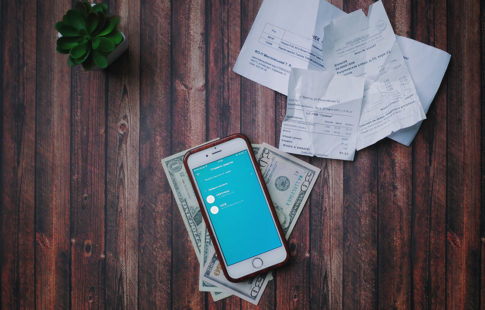There’s a sneaking, unfortunate reality that we as perpetual internet users face every day: Identity theft and fraud continue to grow. Last year, the Identity Theft Resource Center (ITRC) identified 1,579 data breaches that exposed almost 179 million records, and the Federal Trade Commission (FTC) received 1.1 million reports of fraud and 371,000 reports of identity theft throughout 2017.
Another shocking thing about identity theft is the amount of time that it can take people to realize that they’ve been a victim. According to the ITRC’s 2017 Aftermath Study that examined the far-reaching impacts of identity theft, 61.9% of victims surveyed were still recovering from issues from having their identity stolen. Of the survey respondents who reported to have completely resolved the issue, 9% said it took longer than a year to do so.
It’s a wise preventative measure to keep a watchful eye on your finances so that you can immediately spot indicators of identity theft — especially if you are buying a home, since you might not have the time to wait for any issues to clear. Here are three general tips for protecting your identity as you buy a house (and, really, all the time):
1. Check Your Credit Report Regularly
You won’t find potential red flags if you aren’t regularly monitoring your credit, so get a free copy of your credit report every 12 months from each of the main credit bureaus – Equifax, Experian, and Transunion – on annualcreditreport.com. For coverage throughout the year, request a credit report every four months by rotating which bureau you contact.
2. Watch For New Accounts & Inquiries You Don’t Recognize
One of the biggest red flags that someone might have stolen your identity is the sudden appearance of new accounts, or new inquiries added to your credit report that you are not responsible for requesting.
3. Look For Addresses That Are Not Yours
The sections of your credit report that show your social security number and addresses can also display information that could indicate when someone has stolen your identity. If you see another SSN on your credit report or addresses that you don’t recognize, it could indicate that someone is posing as you and having mail sent to a different address. Contact the credit bureaus immediately if you notice this issue.
If you see anything you don’t recognize on your credit report, contact the credit reporting agency on the report that has the information and alert them that you believe you are a victim of fraud or identity theft. Equifax, Experian, and Transunion offer online resources for identity theft reporting, as well as customer service call centers. If you spot something that you think is an error, you can also contact your creditor or financial institution directly to get additional information. Just try to act as soon as you can so that you can prevent additional damage to your credit.






